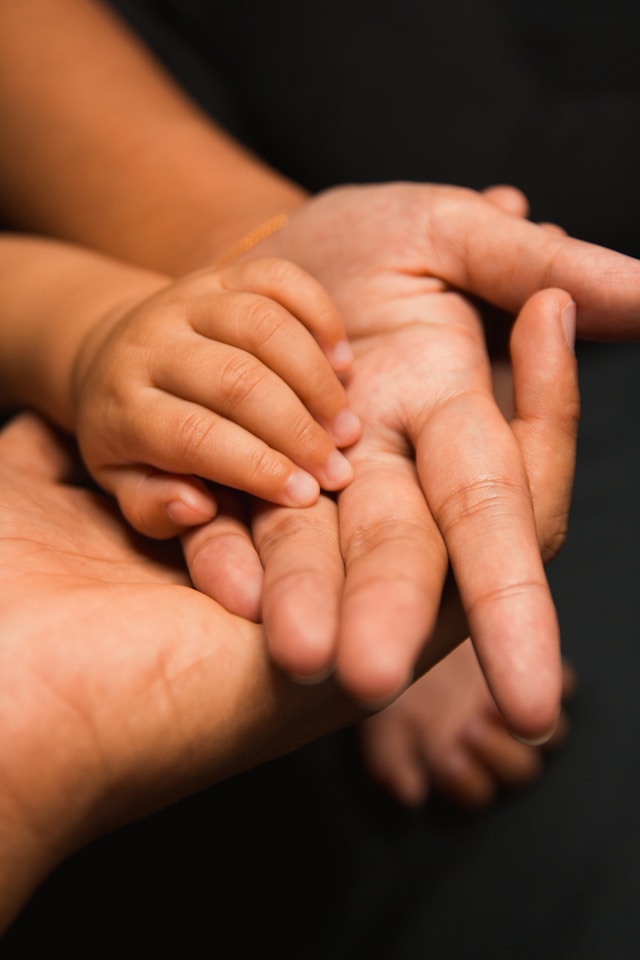Over the last weekend, my spouse was out shopping for movies and he came across a Netflix series about autism called Atypical. The young man selling at the movie shop knowing how passionate I am about working with autistic kids recommended that my husband gets the series for me. And so, he was sold; he bought it and brought it to me.
And so the entire Sunday afternoon and the whole of Monday saw me seated at my couch binge watching the Atypical. Though I felt that the script was based on so many stereotypes about autism, I could not help love the character of Sam, an intellectual, honest kid who is so much resilient on having a normal relationship with girls, just like his fellow teenagers in school.
Atypical: Movie About Autism on Netflix
Atypical is a 2017 series about Sam Gardner, a teenager with autism who is on the quest to get a girlfriend. The proposition that he should start dating comes from his therapist, Julia Sasaki. And so Sam gets excited and starts looking for a girlfriend. As you would expect, it is awkward. Though Sam is a highly functioning autistic, he has problems with social interactions. He is not able to read nonverbal cues or understand figurative language. To him, everything should be understood literally. He is also bad at small talk and the only thing that he thinks he should be telling his dates is his research on penguins and the Antarctica.
Sam, just like any other autistic kid shows all signs of mind blindness. He is not able to empathize with his ‘practice’ girlfriend Paige and tells her that he does not love her in front of her entire family when they are dining. He also brings a rather embarrassing topic when his girlfriend gives him a handjob during a school party infront of his parents and their family friends.
The series writer Robia Rashid said that he worked with Michelle Dean, a professor of California University who once worked at UCLA’s Center for Autism Research and Treatment.
Criticism of the Atypical
After going through season 1 of this Netflix series, I cannot wait to watch season 2 which I plan to do next weekend after this week’s work. However, I have been going through some criticism of the movie and so many people living with autism are against it. There are those claiming that it is nothing but another movie based on stereotypes about autism. There is also this class of people who feel that the movie would have been better had they included autistic people in the leadership roles of the movie for example in scripting the concept or even directing it.
While I feel that their opinions are good, this does not in any way make me hate the movie. It is a great attempt and will provide great fodder for people looking to learn about autism or even for parents with autistic kids who want to get assurance that their kids will one day be able to make meaningful social interactions.
Having said that though, I feel that the world out there has made autism look like a comedy. Everything about people with autism is seen as a laughing matter and that we should all laugh at Sam’s lack of social skills, his awkwardness when trying to date girls, the way he is honest when talking about sexual topics even in front of his parents. Actually, Atypical is categorized as comedy series which makes me a little bit uncomfortable knowing that autism is a serious issue that should be covered in a rather serious film.
Things that I picked up from the Series, Atypical
- Elsa Gardner is in a support group where they meet regularly and discuss the progress of their children. The support group is so great that they are able to confide in each other as well as help each other out.
- It is good when both parents come in to help raise an autistic child. At first Doug Gardner was ashamed that he had an autistic child. We even learn that he had not told his close workmate that his son, Sam was autistic.
- The importance of person first before disability language comes out clearly when Doug goes to one of the support groups and he is corrected when he refers to Sam as just ‘autistic kid’
- Parents with special needs children need to create time to self-love themselves. Elsa sneaks away from the house from time to time and goes to a dance class and even a bar later on to cool off.
- Siblings who have a brother or sister with autism play a major role. We see Sam’s sister as a responsible kid who guards over her brother as well as carry his lunch money.
- It is important that when you have a special needs child to inform the surrounding community of the specialty of your child. When Sam has meltdown after being turned down by his therapist, Julia, the bus driver calls the Gardners since he has their contacts and knows of Sam’s condition.
- As a parent with an autistic kid, you need to stand out and fight for the rights of your child. Elsa is so vocal and demands that the local store respect the rights of people with sensory processing disorder by having quiet and dimly lit changing rooms. She with Paige, Sam’s girlfriend, are also pivotal in having the school organize the Silent Dance where students dance to music in their headphones so as to include Sam who cannot stand loud, blaring music.
- The theme of sharing and handing down autistic toys comes out clearly. We see Elsa consulting with Sam as they decide to give away some feelings game that they had bought for Sam when he was five years old.


